Reconciling with family after a period of estrangement can be a dicey situation to be in. Now the question is, is it possible to reconcile after estrangement, and that too, without talking about your issues? Be it estranged siblings or parents, this post is going to focus on the possibility of reconciling with family after estrangement.
Key Points
- Some people reconcile relationships without addressing the underlying issues, while others can’t.
- To reconcile after estrangement, examine your reasons, establish expectations, and make a plan.
- Relatives who reconcile may need to establish boundaries with a mediator who deems certain topics off‐limits.
Several readers who have family estrangements have written to ask me, “Is it possible to reconcile without rehashing the old issues that drove us apart?” Many fear a conversation will only stir up the same old problems. They ask, “Can’t we simply move on and leave the hurts behind without talking about our differences?”
Can Families Reconcile After Estrangement Without Talking About Their Issues?
Yes, it’s possible to get a fresh start—especially if you go about it with care and intention.
A break in the relationship can give both parties the space to re-evaluate. Ideally, estrangement offers an opportunity to think beyond anger and injury. There’s great value in reflecting on the other person’s perceptions of hurt and betrayal and, at the same time, examining one’s own role in the cut-off.
When it comes to the reconciliation itself, there are no rules; there is no fool proof how-to guide. Change is difficult; few want to admit they were wrong, apologize, and take responsibility for the hurt and lost time. It’s wise to recognize, however, that without some discussion of the issues that drove the estrangement, there’s a good chance those very issues will re-emerge.
Related: Why You Should Stop Trying To Reconcile With Your Estranged Adult Child
For those who hope to reconnect, the first step toward reconciling is examining your reasons for doing so at this time.
- Why do you want to reconcile now? Has something changed that leads you to think that relations will be better now and in the future?
- Are others in the family pressuring you to reconnect?
- Do you feel safe when you are near your estranged relative?
The next step is establishing expectations. What kind of relationship are you seeking?
- Do you want a limited connection that will allow you to spend special occasions together comfortably?
- Are you hoping your children can have some connection with the estranged relative?
- Are you hoping to communicate easily, whenever you want to? Are you looking for support from your estranged relative? Can you offer support to them?
The third step is making a plan.
- Discuss in advance whether past issues must be addressed.
- Determine what you will say and how you will say it.
- Maybe you and your family member can simply agree that you have different values, and neither of you will raise those issues. In these situations, focus on the future and determine how you can respect differences and sustain a healthy relationship.
Some people simply resume a relationship without discussing what drove them apart. Other estranged siblings fear that they’ll continue to harbour resentments if they never resolve the source of their split.
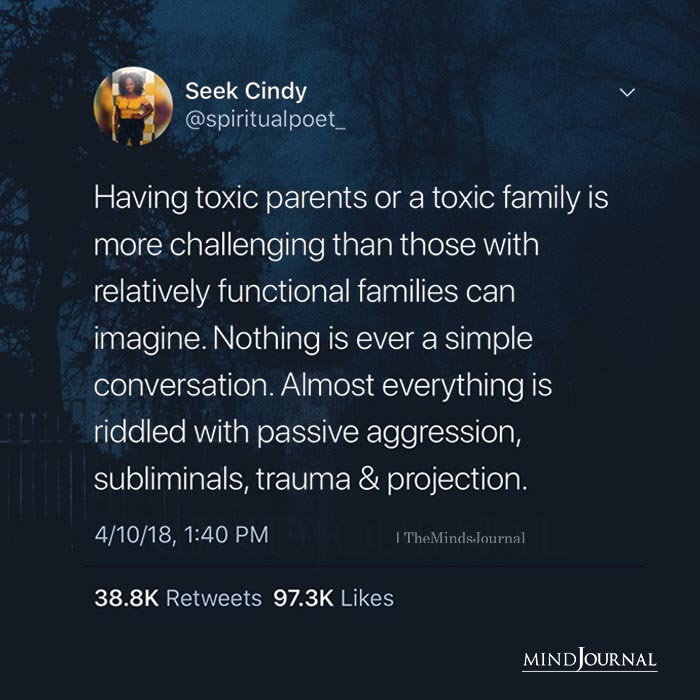
“There’s Nothing to Talk About…”
When they were in their 20s, Leah Barr of Naples, Florida, and her older brother stopped talking to each other. The two, now in their 60s, never discussed the incident that provoked the estrangement.
At the time of the cutoff, both had young children, and the families would alternate hosting Christmas and Thanksgiving dinners at each other’s houses. One year, Leah’s brother didn’t invite her family to the holiday dinner at his home. That seemed to be the catalyst. At subsequent family gatherings, they avoided each other, carefully staying in different areas of the house. In time, the divide spread to other family members.
After six years, the two finally spoke at their mother’s funeral:
“My brother and I looked at one another over her casket and said to each other that it was horrible our mother went to her grave thinking that two of her children were not talking. Mom was only 59 when she died. I swore I would never have another divide, even if it meant eating crow. I never want to hurt others in that way.”
Yet, because they haven’t addressed the cause of the split, Leah says she doesn’t feel fully reconciled. When she asked her brother if he would like to be interviewed for my book, Brothers, Sisters, Strangers: Sibling Estrangement and the Road to Reconciliation, he refused. Their estrangement was in the past, he said; there’s nothing to talk about now. Never having cleared the air, Leah remains uneasy:
“I don’t know if I fully trust him because I don’t understand what the issue was then. How can I correct my own actions if I don’t know what I did wrong? And it’s hard to fully commit to someone when they’ve betrayed you in a fundamental way”.
Leah describes their current relationship as an amicable cease‐fire, but she has no sense of peace.
Establishing Strong Boundaries to Move Forward
Verbal boundaries place certain topics off‐limits and keep the conversation on safe, “neutral” subjects. Physical boundaries help to manage the time spent with a difficult sibling by determining when and where to meet and how to interact.
Emotional boundaries can guide the narrative of what has happened, as a sibling assertively identifies his or her own feelings and experiences. In the absence of boundaries, resentment festers, further reducing the chances of any healthy sibling relationship.
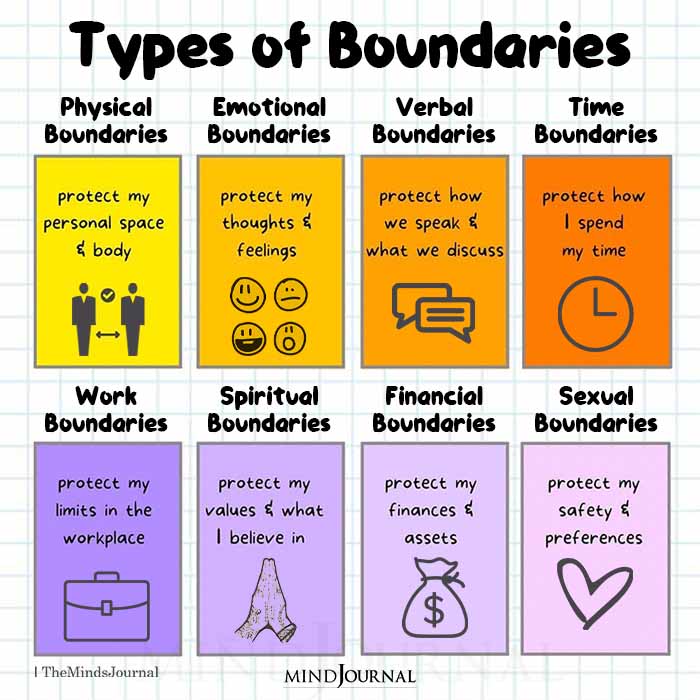
When all else fails, the parameters of a strained relationship might be established in a “terms of engagement” agreement. An explicit arrangement may be especially helpful for siblings attempting to bridge a lengthy and/or unresolved cut-off.
“If the estrangement was due to a conflict,” explains psychotherapist Alexandra Chapman, who practices in the Chicago area, “it’s inevitable that some uncomfortable memories and feelings will resurface as you resume interactions.”
Feuding siblings may be able to agree on specific conditions for peaceful interactions. Certain topics, jokes, or stories may be off‐limits. The location and ground rules of any encounter may need to be determined beforehand.
Related: 8 Reasons Why You Should Forgive The People Who Hurt You
When serious issues, such as sexual abuse, have been involved, it may be best—even necessary—to seek help from an impartial mediator. Reconnecting under such circumstances may be too awkward and sensitive to manage on your own.
“When historical relational injuries are provoked,” Chapman adds, “give yourself permission to process these in a safe environment, preferably with an unbiased professional.”
Fern Schumer Chapman is the author of several books, including Brothers, Sisters, Strangers and The Sibling Estrangement Journal. She offers one-on-one coaching sessions to those struggling with sibling estrangement issues. Contact her at fernschumer@gmail.com.
Written By Fern Schumer Chapman Originally Appeared On Psychology Today
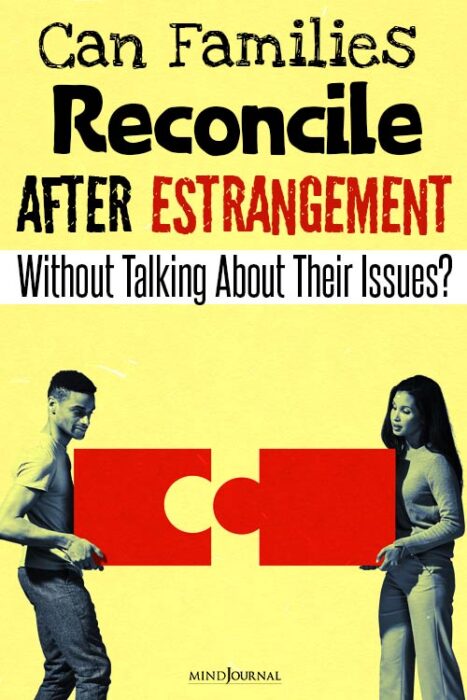
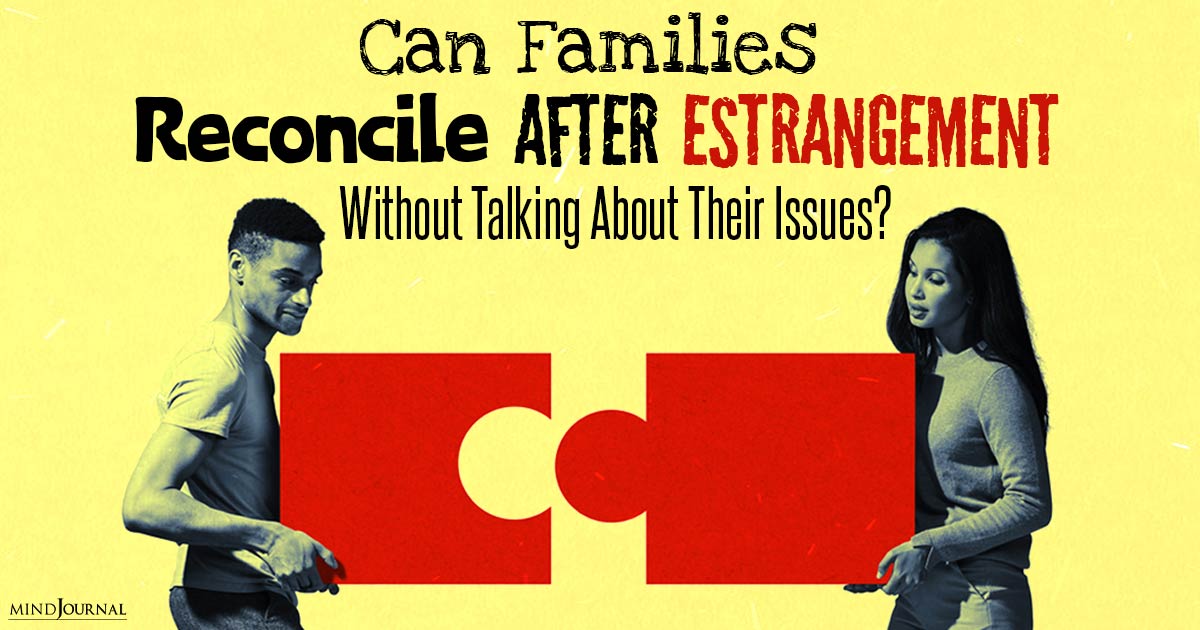
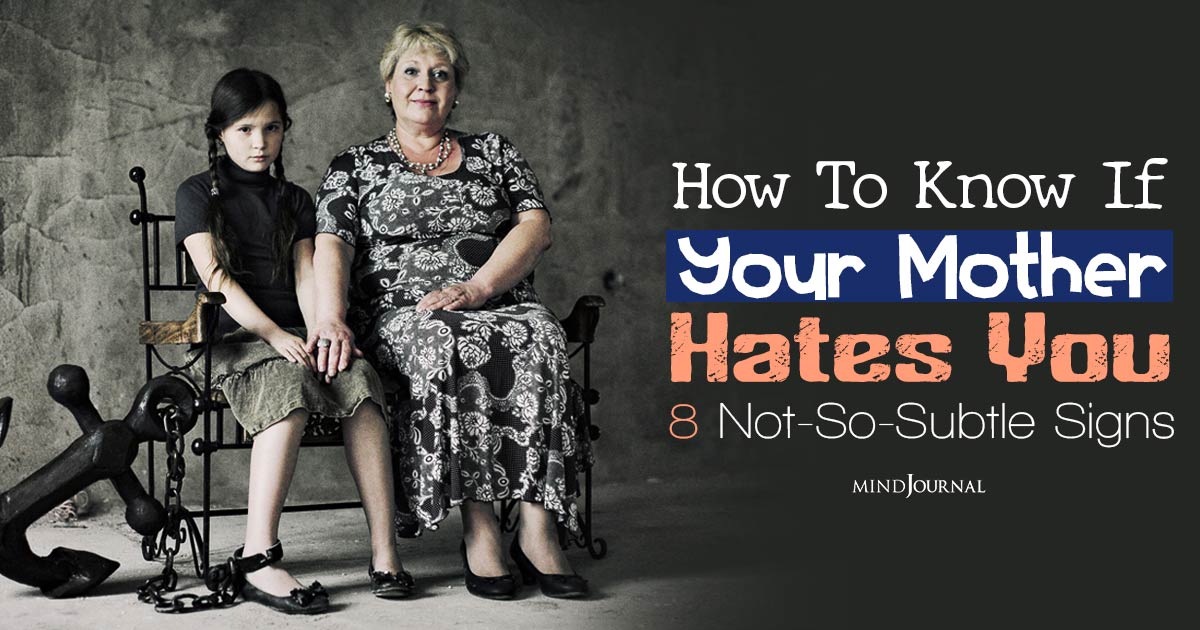





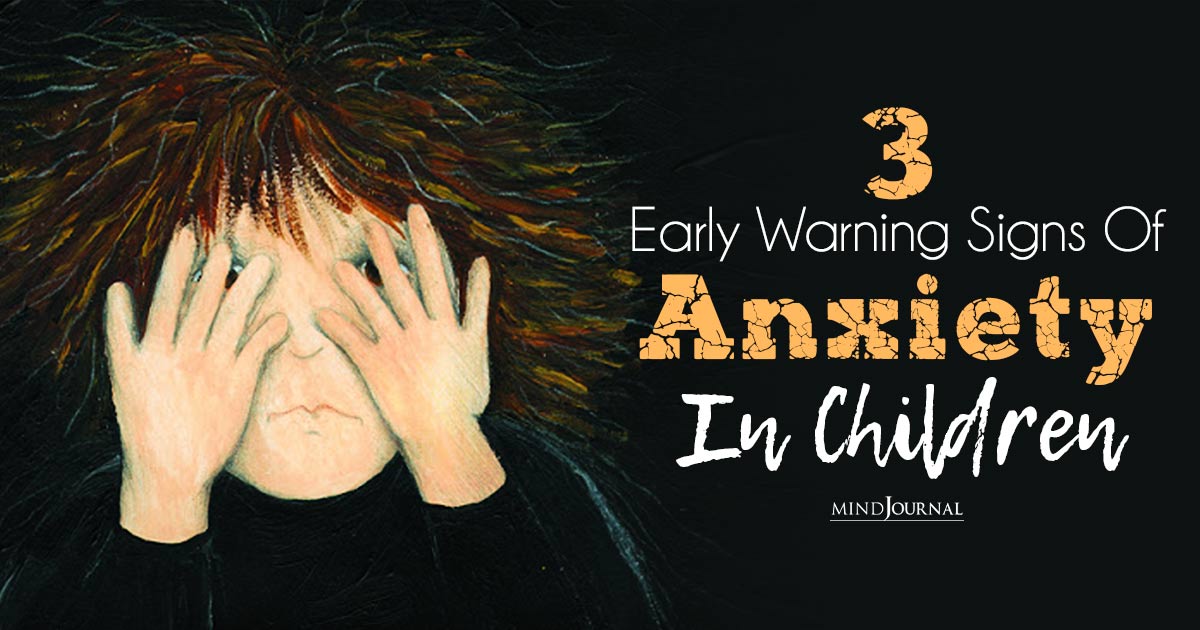
Leave a Reply
You must be logged in to post a comment.